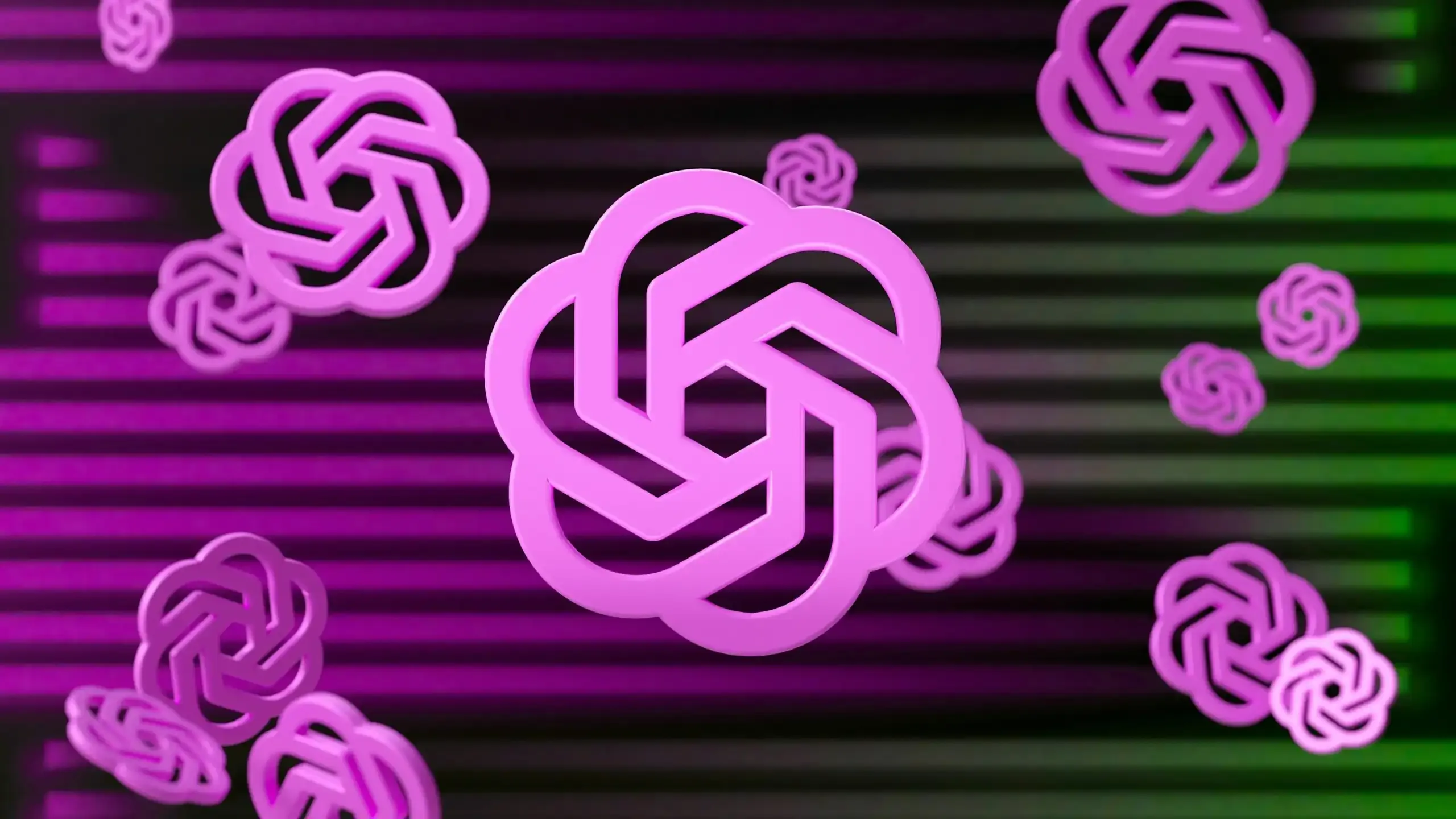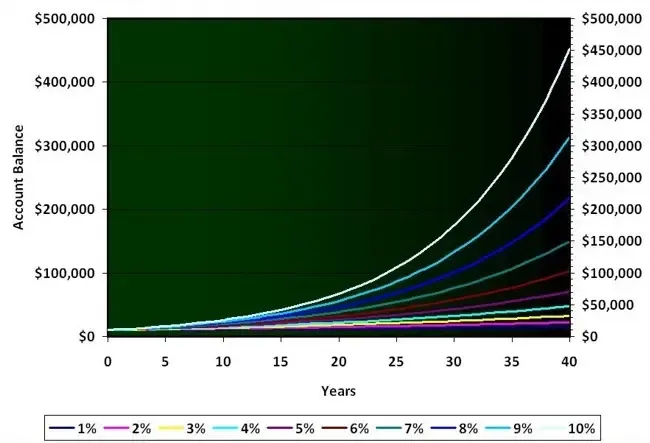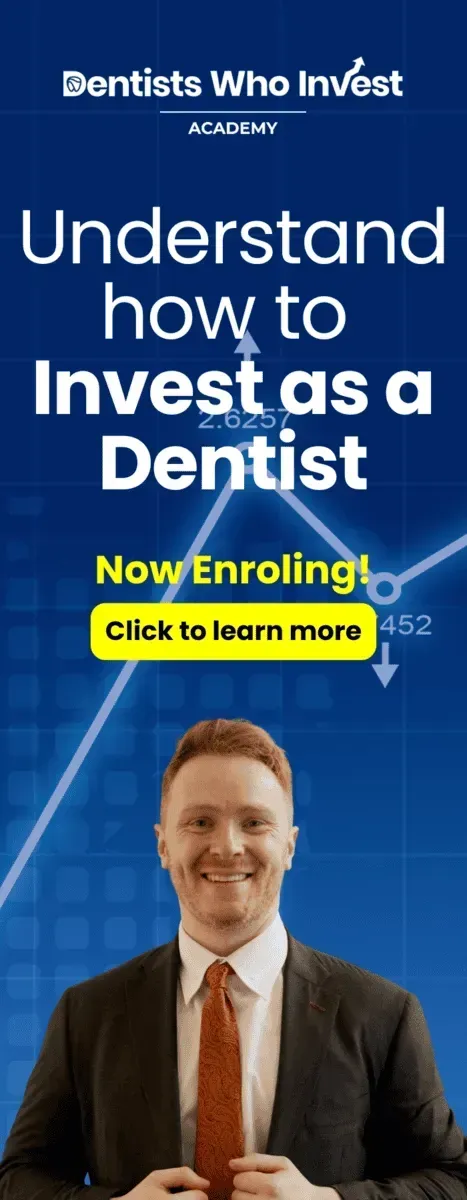
What exactly is ChatGPT? Simply put, it’s an advanced language model developed by OpenAI. It’s been trained on a massive amount of text data and can understand and generate human-like responses to various prompts. This makes it a valuable tool for a wide range of industries, including dentistry.
Let’s take a look at how ChatGPT can help dentists in their day-to-day tasks.
- Answering patient questions ChatGPT can quickly answer common questions from patients, freeing up your time to focus on more pressing matters. For example, if a patient asks about the cost of a particular treatment, ChatGPT can provide an estimate based on the information it has been trained on. This can save you the time and effort of having to research or calculate an answer yourself.
- Streamlining administrative tasks Dental practices have a lot of administrative tasks to handle, from scheduling appointments to managing insurance claims. ChatGPT can assist with these tasks by generating reports, automating appointment reminders, and more. This can save you time and reduce the risk of errors, giving you more time to focus on your patients.
- Providing dental information ChatGPT has been trained on a wide range of dental information, making it a valuable resource for dentists looking to stay up-to-date on the latest research and treatments. If you have a question about a particular dental topic, you can simply ask ChatGPT and receive a comprehensive and accurate answer in seconds.
- Improving patient communication ChatGPT can help improve patient communication by providing a conversational interface for patients to ask questions, receive treatment recommendations, and more. This can make it easier for you to connect with your patients and provide them with the information they need to make informed decisions about their dental health.
And now I have a confession – I actually asked ChatGPT to write the above text. Some may have realised this by now – I'd be curious to know. Freaky that AI has reached this level.
How long until AI is helping us run our dental practices and guiding our investment decisions?
Enter your details above to receive a link you can use to download your FREE pdf
Read More

Here's What New Associates Need To Know

What Is Your Definition Of Retirement?

How Often Do You Look Back On Your Life And Think “I Wish That I Knew Than What I Know Now?”

Can I Invest In My ISA For Passive Income?

The Role Of Luck In Investing



